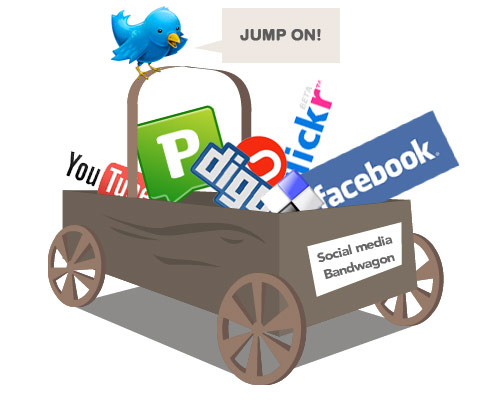
It's a highly competitive space but no matter how you slice it, its a very attractive space for investment. I won't go into boring details about risk curves, feedback loops and such. Needless to say on paper social is attractive from a business stand point.
Now here is the thing that worries me, in the television space a few years back we discovered reality television, and relaunched the talent show in a more social format. We injected more low cost programming fuelled by, now controversial, methods like call ins and vote systems. As Jesse Schell pointed out in his talk, people seem to have forgotten there is such a thing as a BAD virus. Many viral and manipulation methods used by these shows, and social games, are ranging from manipulative to morally questionable.
Talk to anyone in TV now and they will all say the same thing. The money just isn't there for original programming any more. We are filling prime hours with low cost programming, with little lasting creative value. Actors, writers and the medium is suffering. We still have bastions of quality with brilliant shows but they are sandwiched in between some horrible programming.
So this is my question, how do we avoid this in the game space or is it already happening?
I'm not speaking against social gaming, I'm speaking against low cost, low quality social gaming. Which through its social nature manages to maintain a popcorn like quality. It's the fast food which eats away at consumer mind share and fiscal investment. When asked which they prefer, Sopranos or X-Factor I think most people will put their vote on Sopranos but they are watching the X-Factor.
How do we keep high quality games, possible with high production costs, as an attractive investment?